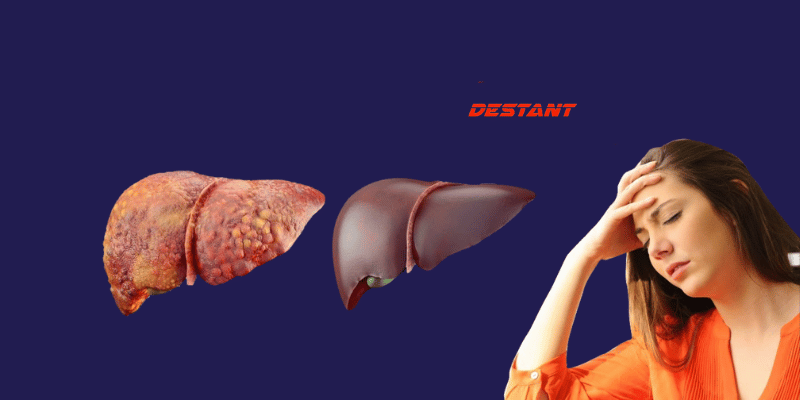6 signs that your liver is full of toxins
The liver, an important organ responsible for detoxification, can face challenges when overwhelmed by an excessive influx of toxins. This can manifest itself in various symptoms that, if identified, may indicate the need to pay attention to liver health. Here are the main signs that your liver may be overloaded with toxins:
Pain in the upper right abdomen:
Mild to severe pain in the upper right abdomen indicates possible liver problems. The organ’s role in filtering waste and removing toxins becomes compromised if disease is present, leading to inefficient function and swelling.
Swollen legs and ankles:
Accumulation of toxins in the liver can lead to high blood pressure, causing fluid retention and swelling in the legs and ankles. This condition highlights the difficulty of the liver in working smoothly.
Unexplained weight gain:
Despite maintaining regular eating habits, unexplained weight gain may be related to the liver storing toxins in fat cells. Seeking medical advice can help assess your liver condition and treat possible causes.
Allergies and skin problems:
Liver activity, or lack thereof, can contribute to allergies. A healthy liver efficiently cleanses the blood, removing harmful molecules and preventing the release of antibodies that lead to rashes and itching.
Yellowing of the skin and eyes (jaundice):
Jaundice, characterized by yellowing of the skin and eyes, indicates a possible liver problem. Accumulation of bilirubin, a byproduct of red blood cell breakdown, indicates liver disease and poor detoxification.
Chronic fatigue syndrome:
Chronic fatigue, which resembles flu symptoms but persists over time, may indicate a buildup of toxins in the liver. Addressing liver health becomes essential in managing this prolonged fatigue.
Persistent bad breath:
Bad breath can be a manifestation of liver dysfunction, indicating an inability to effectively clean toxins. Monitoring and improving liver function may help treat these oral symptoms.
Understanding these signals allows timely intervention and adoption of practices that support liver health. Consultation with a healthcare professional is critical to receive an accurate diagnosis and personalized recommendations to alleviate liver-related concerns.



